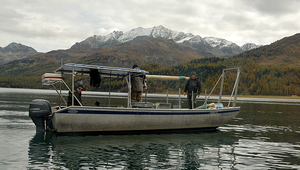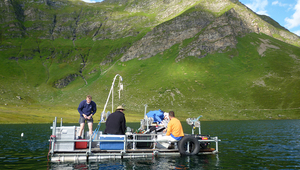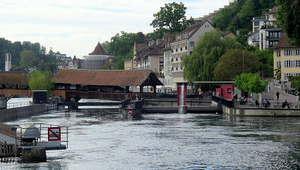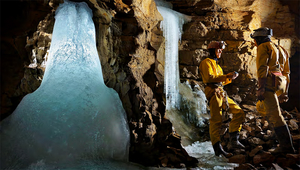Archive News
March 3, 2015
December 11, 2014
September 4, 2014
June 19, 2014
May 21, 2014
March 14, 2014
February 25, 2014
January 22, 2014
January 16, 2014




![[Translate to English:] Silberionen greifen in den Zellstoffwechsel der Grünalge Chlamydomas reinhartii (Bild) ein und beeinträchtigen etwa die Fotosynthese. [Translate to English:] Silberionen greifen in den Zellstoffwechsel der Grünalge Chlamydomas reinhartii (Bild) ein und beeinträchtigen etwa die Fotosynthese.](/fileadmin/_processed_/f/1/csm_silberionen_757844760f.jpg)

